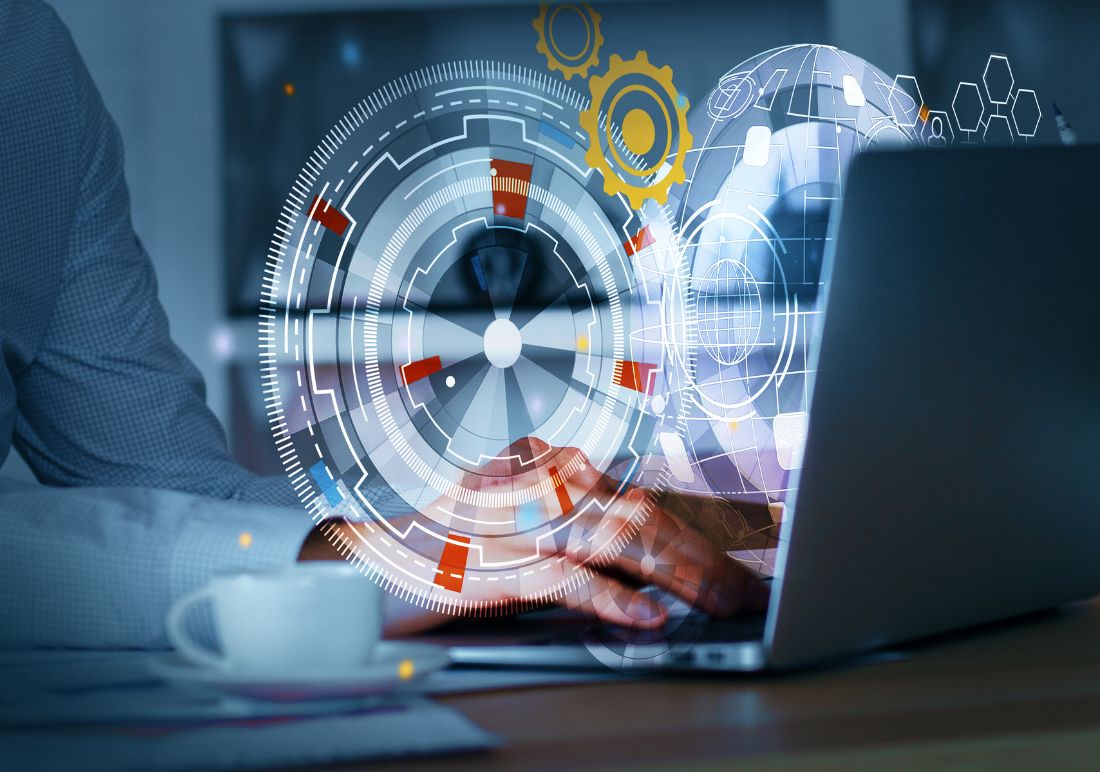
Customer Relationship Management & Enterprise Resource Planning Compared
Is your business considering digital transformation but unsure whether to invest in CRM (Customer Relationship Management) or ERP (Enterprise Resource Planning) software? While both systems enhance efficiency and profitability, they serve distinct purposes.
In this blog post, we’ll break down the differences between CRM and ERP, their core functionalities, and which solution best fits your business needs.
What Is CRM? (Customer Relationship Management)
CRM software is designed to boost sales and improve customer relationships. It helps businesses:
Who Needs CRM?
CRM is ideal for sales, marketing, and customer support teams. It focuses on external interactions, helping businesses attract, retain, and nurture customers.
Key Benefits:
What Is ERP? (Enterprise Resource Planning)
ERP software optimizes internal business processes to reduce costs and improve efficiency. It helps organizations:
Who Needs ERP?
ERP benefits larger businesses with complex operations—especially in manufacturing, retail, and logistics. Unlike CRM, ERP focuses on internal processes rather than customer interactions.
Key Benefits:
CRM vs ERP: Which One Should You Choose?
When deciding between CRM and ERP, consider:
1. Business Needs
2. Investment & Scalability
3. Integration Potential
Many businesses eventually use both systems. For example:
Final Verdict: Do You Need CRM, ERP, or Both?
Why the Market Leaders Won’t Go Back
Ready to Transform Your Business?
At AfriFlowSoft, we help businesses implement the right digital tools for growth.
Contact us to discuss the best fit for your business!




